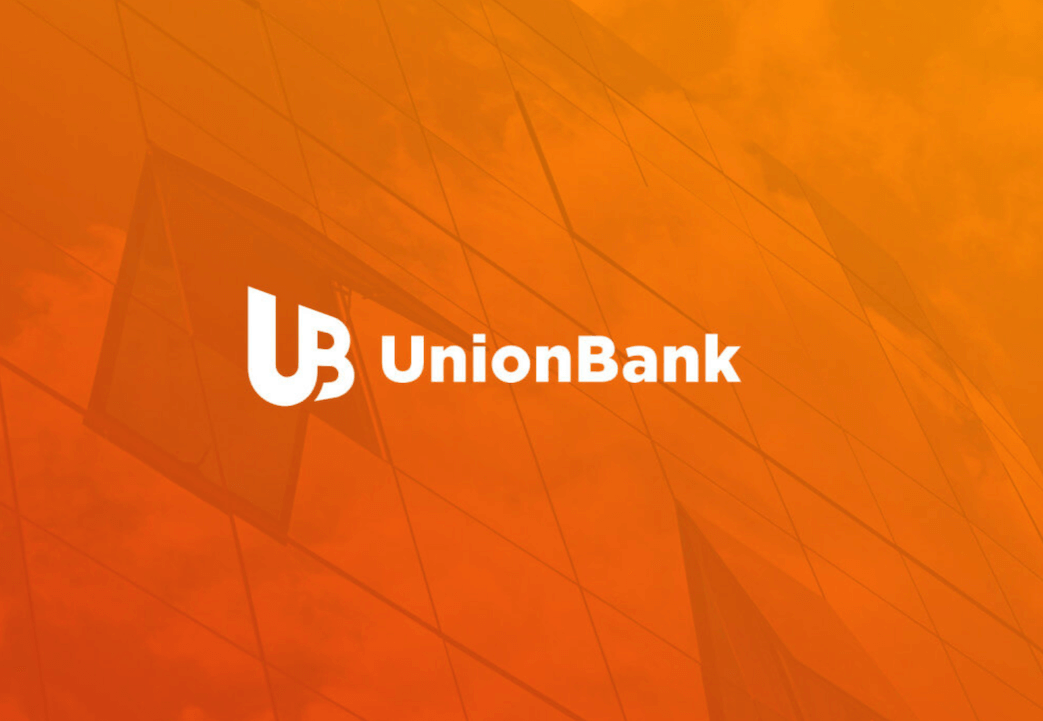by UnionBank Human Resources Group
UnionBank’s Core Operations team for Cards and Personal Loans faced mounting complexity and risk due to manual processes and increasing transaction volumes— especially following system migration. These challenges threatened SLA performance, customer experience, and compliance standards. Rather than settling for incremental fixes, the team embraced purposeful innovation and automation to reimagine how operations could be delivered faster, safer, and smarter.
Guided by Magis—the pursuit of excellence—the team reengineered high-risk manual processes across Cards, Personal Loans, and Merchant Settlement. They deployed macro-based automation and systemic controls for CCFM and MAS processes, and automated Personal Loan payment posting across SM, BancNet, and UBP channels, reducing SLA by 12 hours and aligning with RPA/BOT standards. Agile workarounds were developed using MS Forms to ensure no customer request was missed during Salesforce enhancement queues. Risk mitigation efforts included automating the removal of special characters in BPI files to prevent misposting and implementing macro-based regulatory reporting to avoid costly errors—such as a ₱50M Visa charge clawback.
The impact was immediate and far-reaching. SLA for Merchant Settlement dropped from 3–4 days to just 2, enabling merchants to reconcile faster and improve cash flow. UBP over-the-counter card payments shifted from T+1 to real-time posting, helping customers avoid late fees and reinforcing trust. Handling time was cut from 43 hours to just 4, freeing up capacity for value-added tasks. The team reduced outsourced manpower by five resources, translating to ₱2.7M in annual savings and a 30% to 7% drop in Salesforce request rejection rates—improving turnaround time and reducing rework.
Financial outcomes were equally compelling. ₱3M was recovered from misbooked card fees through macro-based invoice reconciliation, ensuring accurate expense allocation and reimbursement from UnionDigital. Visa fee recoveries tied to regulatory reporting accuracy avoided ₱50M in potential losses. These savings were not one-off wins—they were sustainable, driven by automation and reduced dependency on manual processes and external resources.
Governance and compliance were strengthened through the resolution of three RTAPs and reconciliation of 20 legacy GLs, eliminating KRI breaches in GL monitoring starting April 2025. Regulatory reporting controls were fortified, ensuring timely and accurate submissions for Visa GOC/QMR.
Culturally, the initiative accelerated UnionBank’s NextGen transformation by embedding innovation and automation into core operations. The team demonstrated ownership and agility, stepping up during resource gaps and system delays to ensure continuity and compliance. Paper-based processes and manual interventions were reduced, supporting the Bank’s sustainability goals and ESG commitments.
Delivered within 12 months, the initiative achieved immediate ROI and created a scalable blueprint for enterprise-wide operational transformation. The frameworks and methodologies developed can be replicated across other business lines, setting a strong precedent for future innovation, truly powering the Great Transformation.

